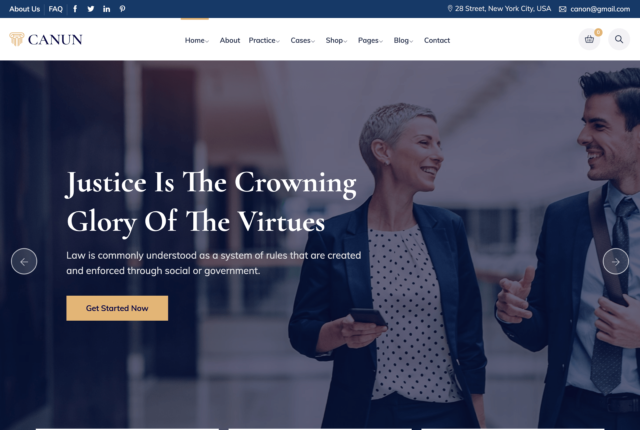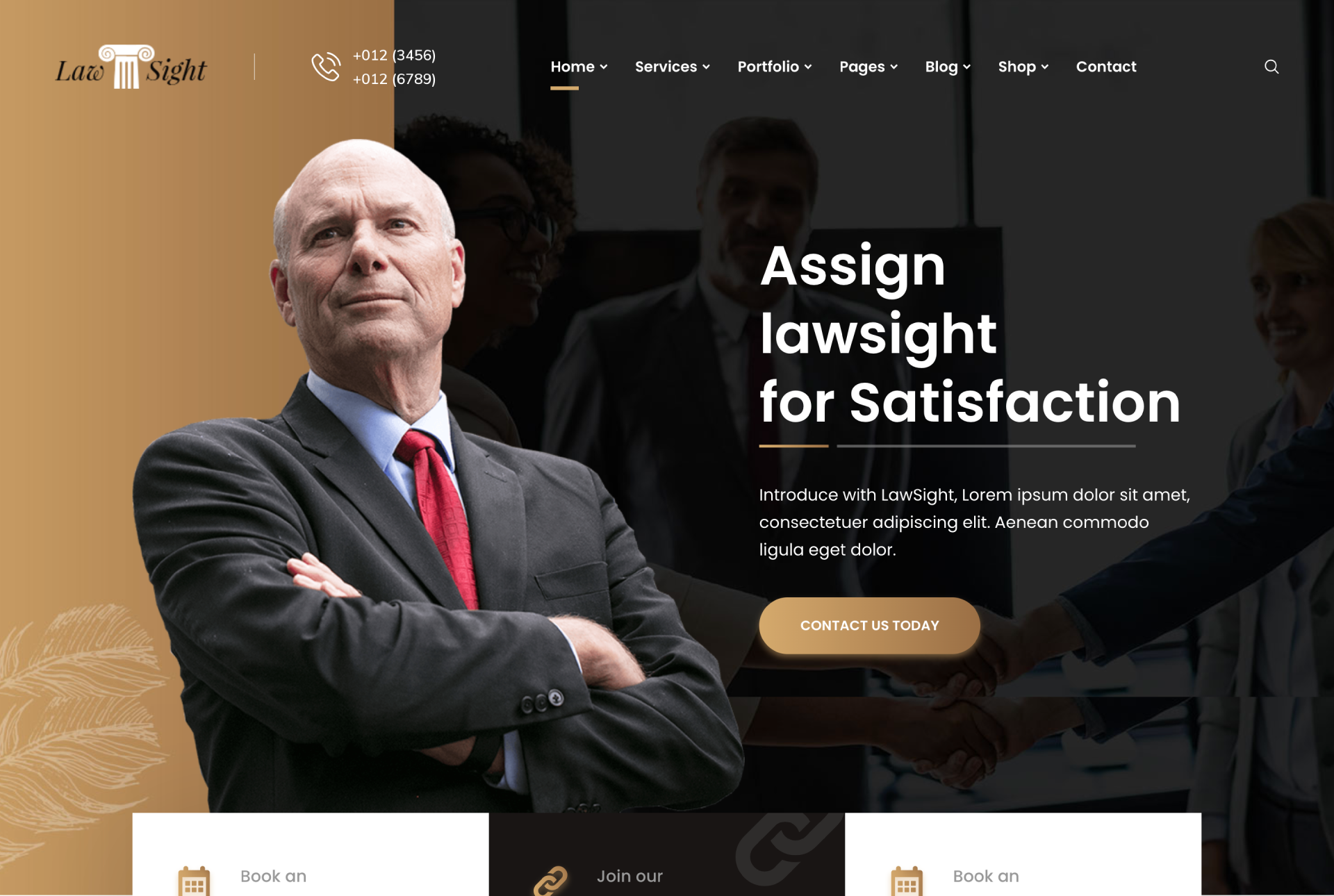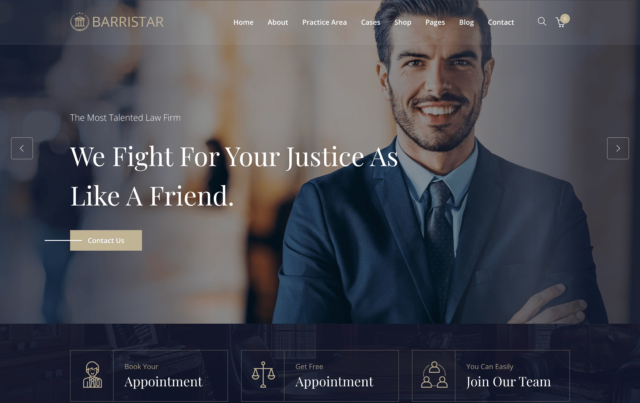Georgia Attorney Advertising Rules: Comprehensive Overview
Attorneys practicing in Georgia must adhere to specific advertising regulations outlined in the Georgia Rules of Professional Conduct (GRPC), particularly Rules 7.1 through 7.5. These rules ensure that legal advertising is truthful, non-misleading, and upholds the integrity of the legal profession. Below is a detailed overview of the key provisions governing attorney advertising in Georgia.
Rule 7.1: Communications Concerning a Lawyer’s Services
- Prohibition of False or Misleading Communications:
- Lawyers must not make false or misleading communications about their services.
- A communication is considered false or misleading if it:
- Contains a material misrepresentation of fact or law, or omits a fact necessary to make the statement as a whole not materially misleading.
- Is likely to create unjustified expectations about results the lawyer can achieve, or implies that the lawyer can achieve results by means that violate the GRPC or other laws.
- Compares the lawyer’s services with those of other lawyers unless the comparison can be factually substantiated.
- Fails to include the name of at least one lawyer responsible for its content.
- Mentions contingent fees without presenting the required disclaimer: “Contingent attorneys’ fees refer only to those fees charged by attorneys for their legal services and do not include court costs and other expenses of litigation. Such fees are not permitted in all types of cases.”
Rule 7.2: Advertising
- Permissible Advertising Methods:
- Lawyers may advertise their services through written, recorded, or electronic communication, including public media.
- Payment for Recommendations:
- Lawyers shall not give anything of value to a person for recommending the lawyer’s services, except that a lawyer may:
- Pay the reasonable costs of advertisements or communications permitted by this Rule.
- Pay the usual charges of a legal service plan or a not-for-profit or qualified lawyer referral service.
- Pay for a law practice in accordance with Rule 1.17.
- Refer clients to another lawyer or a nonlawyer professional pursuant to an agreement not otherwise prohibited under these Rules that provides for the other person to refer clients or customers to the lawyer, if the reciprocal referral agreement is not exclusive and the client is informed of the existence and nature of the agreement.
- Mandatory Inclusions:
- All advertisements must include the name and office address of at least one lawyer or law firm responsible for their content.
- Retention of Advertising Records:
- A copy or recording of an advertisement or written communication shall be kept for two years after its dissemination, along with a record of when and where it was used.
Rule 7.3: Direct Contact with Prospective Clients
- Solicitation Restrictions:
- Lawyers shall not solicit professional employment from a prospective client by in-person, live telephone, or real-time electronic contact when a significant motive is the lawyer’s pecuniary gain, unless the person contacted:
- Is a lawyer.
- Has a family, close personal, or prior professional relationship with the soliciting lawyer.
- Prohibited Solicitations:
- Solicitation is prohibited if:
- The prospective client has made known a desire not to be solicited.
- The solicitation involves coercion, duress, or harassment.
- Required Disclosures:
- Written, recorded, or electronic solicitations must include the words “Advertising Material” on the outside envelope and at the beginning and end of any recorded or electronic communication, unless the recipient is a lawyer or has a prior relationship with the lawyer.
Rule 7.4: Communication of Fields of Practice and Specialization
- Stating Practice Areas:
- Lawyers may communicate the areas of law in which they practice.
- Claims of Specialization:
- Lawyers shall not state or imply they are certified as a specialist in a particular field of law, unless:
- They have been certified by an organization approved by an appropriate authority or accredited by the American Bar Association.
- The name of the certifying organization is clearly identified in the communication.
- Mandatory Disclaimer:
- Communications indicating specialization must include the disclaimer: “The State Bar of Georgia does not certify specialists in the practice of law.”
Rule 7.5: Firm Names and Letterheads
- Use of Firm Names:
- Firm names, letterheads, and other professional designations must not be misleading.
- Trade Names:
- Use of trade names is permissible if they do not imply a connection with a government agency or with a public or charitable legal services organization and are not otherwise in violation of Rule 7.1.
- Names of Deceased or Retired Partners:
- The name of a deceased or retired partner may be used in a firm name if the use is consistent with local custom and not misleading.
- Public Office Restrictions:
- Lawyers who hold public office cannot be included in a firm name or in communications during a substantial period in which they are not actively practicing with the firm.
- Jurisdictional Limitations:
- If a firm operates in multiple jurisdictions, advertisements and letterheads must indicate any limitations for lawyers not licensed to practice in a particular jurisdiction.
Record-Keeping Requirements
- Retention of Advertising Records:
- Attorneys must retain copies of all advertisements for a minimum of two years following their last dissemination.
- Records should include when and where the advertisement was used, along with any supporting materials, such as scripts, print ads, or online screenshots.
- Website and Digital Advertising:
- Lawyers are required to preserve copies of website and digital advertising content in a durable, retrievable format for at least two years.
Digital Advertising and Social Media Compliance
Transparency on Websites and Social Media
- Applicability of Rules:
- Websites, blogs, and social media platforms must comply with Rules 7.1 through 7.5 of the Georgia Rules of Professional Conduct.
- Use of Testimonials and Reviews:
- Testimonials must not create unjustified expectations or imply guaranteed outcomes.
- Advertisements featuring specific case results must include a disclaimer that outcomes depend on the unique circumstances of each case.
Video and Audio Advertising
- Use of Dramatizations and Actors:
- If actors or dramatizations are used in advertisements, a disclaimer must state, “This is a dramatization. Not an actual client or case.”
Email and Online Solicitations
- Disclosure Requirements:
- Email solicitations must prominently display “Advertising Material” in the subject line and at the beginning of the message.
Enforcement and Compliance
Oversight by the Georgia Bar
- The State Bar of Georgia Office of the General Counsel enforces advertising rules and ensures compliance through its disciplinary system.
Consequences of Non-Compliance
- Attorneys who violate the rules may face disciplinary actions, including:
- Warnings or reprimands for minor infractions.
- Suspension or disbarment for severe or repeated violations.
Seeking Advisory Opinions
- Attorneys can seek advisory opinions from the State Bar of Georgia Ethics Hotline for clarification on advertising practices and compliance.
Additional Advertising Considerations
Contingency Fee Advertisements
- Required Disclosures:
- Advertisements mentioning contingency fees must include language explaining that clients may still be responsible for costs and other expenses, even if the case is unsuccessful.
Avoiding Misleading Statements
- Accuracy in Advertising:
- Lawyers must ensure their advertisements accurately reflect their qualifications, experience, and areas of practice. Misleading or exaggerated claims are prohibited.
Referral Practices
- Disclosure of Referrals:
- If an attorney frequently refers cases to other firms, the practice must be disclosed in advertisements, clarifying the referring attorney’s role in the case.
The attorney advertising rules in Georgia, outlined in Rules 7.1 through 7.5 of the Georgia Rules of Professional Conduct, are designed to promote ethical and transparent legal marketing. These regulations apply to all forms of communication, including traditional and digital media, to ensure clients receive honest and accurate information.
By adhering to these guidelines, attorneys can market their services ethically while building trust with potential clients and avoiding disciplinary action. For additional clarification or guidance, attorneys are encouraged to consult the State Bar of Georgia Office of the General Counsel or seek assistance through the Ethics Hotline.








